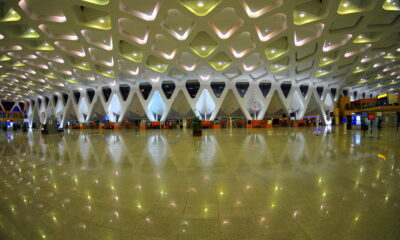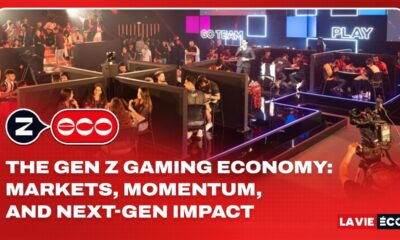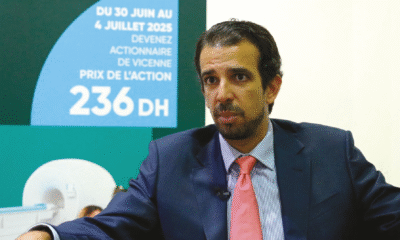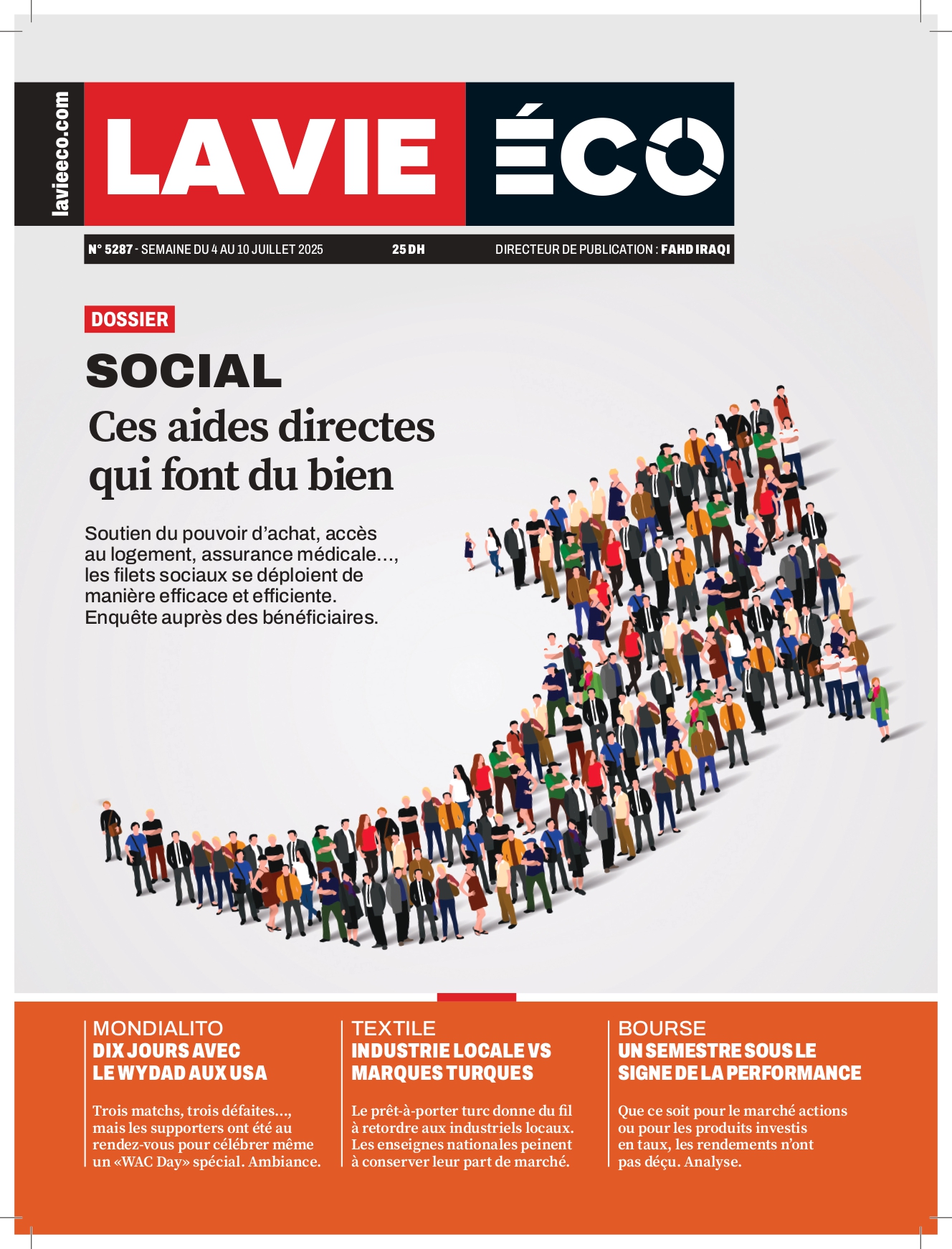Business
E-Payment: A Crucial Transition Phase
The end of CMI’s monopoly has thrust e-payment into a pivotal transition phase, marked by the emergence of new players who must still grapple with the enduring ‘reign’ of cash. Analysis.
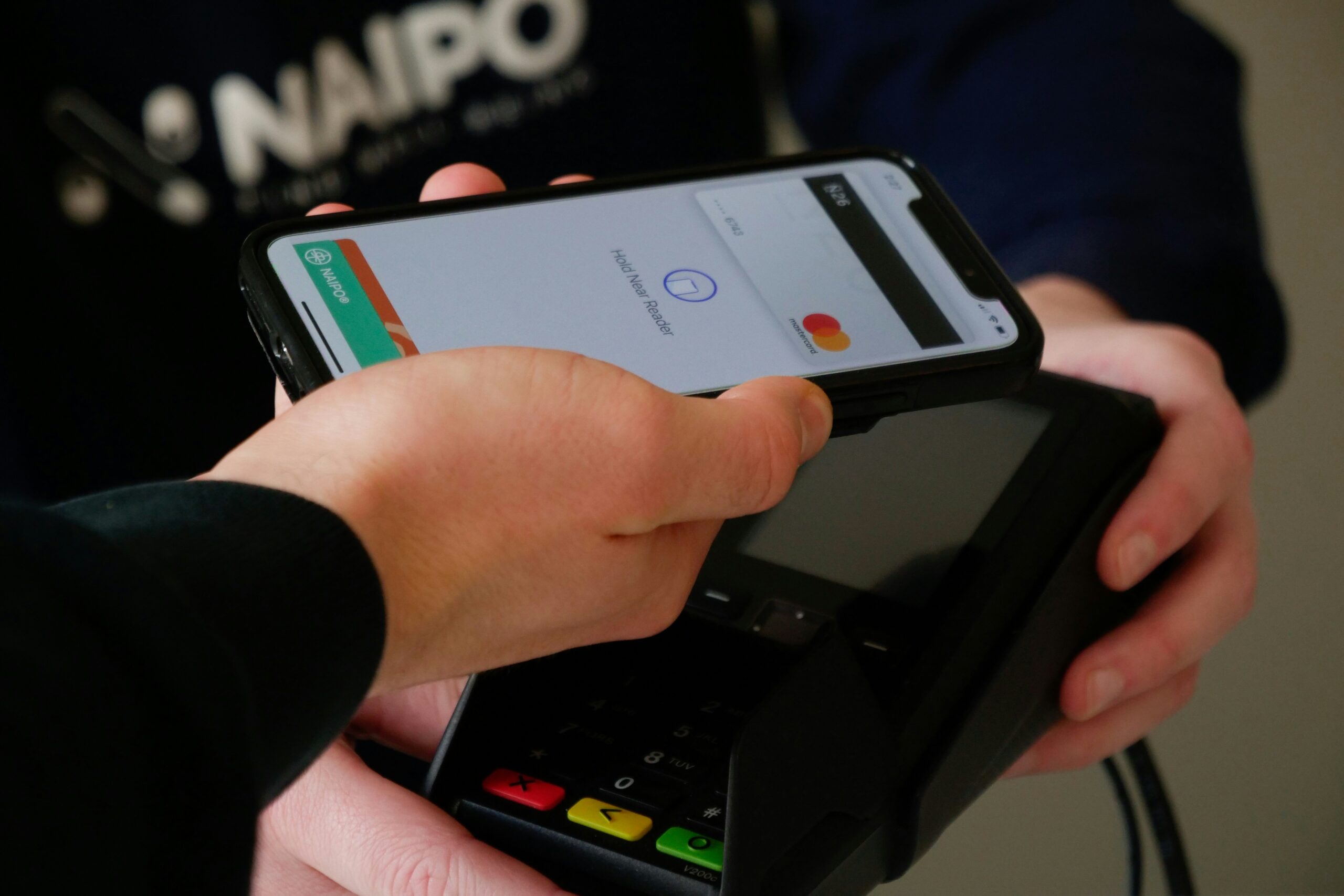
In Morocco, the growth of the e-payment sector over recent years is undeniable. However, many experts agree that the development of electronic payments falls short of the Kingdom’s potential in digital and financial infrastructure.
Moreover, the halt to the monopoly of the Interbank Monetary Center (CMI) in electronic payments aims to revitalize this powerful driver of financial inclusion. During the ongoing transitional phase, the CMI has transformed its infrastructure into a neutral transaction processing platform serving all operators.
Today, a host of players—including subsidiaries of shareholder banks (whether affiliated with the CMI or not) and independent companies—are authorized to contract directly with merchants to offer them electronic payment solutions.
The stakes are high, as these electronic payment providers must demonstrate ingenuity to develop solutions that account for the economic realities of merchants, who are the critical link in achieving widespread adoption of Electronic Payment Terminal (EPT) transactions in Morocco.
It is important to note that in 2023, transactions via Electronic Payment Terminals (EPTs) accounted for 80.4% of all card-based payments, representing the bulk of such transactions.
Acknowledging the centrality of this target group (merchants)—who have so far been hesitant to embrace e-payment for well-documented reasons (cash dominance, perceived high transaction costs, distrust of financial services, etc.)—Bank Al-Maghrib.
Paths to Reverse the Trend
Concretely, to strengthen payment infrastructure, BAM (Bank Al-Maghrib) plans to establish a support acquisition fund to facilitate merchants’ acceptance of electronic payments. Incentive measures are also envisioned to ensure their adoption of the electronic payment system.
The central bank will leverage existing payment platforms to build a unified instant payment platform.
Another significant project: developing more attractive pricing for electronic payments by reducing interchange fees, including for bank cards. Clearly, efforts are underway to discourage cash usage in the medium term in Morocco.
It is important to note that these actions fall under a Strategy for the Digitization of Payments and Fintech Development, which relies on multiple pillars, including updating the legal framework and strengthening collaboration between public and private stakeholders.
That said, official figures from BAM’s latest report on financial market infrastructure, payment methods (their oversight and financial inclusion) reinforce cash’s position as one of Moroccans’ preferred payment methods. Hence the difficulty for public authorities and financial stakeholders to promote e-payment adoption nationwide.
The Reality of Figures and Cash Dominance
In 2023, card-based payments—including ATM withdrawals and online transactions—totaled 164.4 million operations valued at 57 billion MAD, marking a 22% increase in volume and 19% in value compared to 2022.
Meanwhile, the central bank’s report indicates that cash withdrawals still dominate card-based transactions, rising 12% in volume and 13% in value (from 351 billion MAD in 2022 to 399 billion MAD in 2023).
According to the same data, Electronic Payment Terminal (EPT) transactions surged by 23% in volume year-over-year (from 106.4 million to 131.3 million operations), with a total value of 46.9 billion MAD in 2023.
However, in value terms, EPT payments remain modest compared to the 399 billion MAD withdrawn as cash via cards in 2023. This trend also holds for e-commerce payments (which grew in both volume and value), reaching 9.9 billion MAD in 2023. Similarly, mobile wallet (M-Wallet) transactions totaled 2.1 billion MAD across 9.7 million operations in 2023, up from 7.9 million operations in 2022.
In short, the sheer scale of cash withdrawals via cards—nearly 400 billion MAD in 2023—underscores the immense challenge of achieving widespread electronic payment adoption in Morocco.
A Driver for Modernizing Small-Scale Commerce
The Ministry of Industry and Commerce believes Morocco’s hosting of the 2030 World Cup should serve as a catalyst to accelerate the modernization of small-scale retail, a priority for the ministry.
Omar Hejira, Secretary of State for Foreign Trade, recently emphasized the urgency of integrating small merchants—particularly “Moul l’hanout” (corner shops)—into the digital shift. Expanding electronic payment methods, which facilitate transactions, could boost revenue for these small businesses.
That said, mobile payment adoption for purchase transactions remains nascent in Morocco, and its growth poses a significant challenge. Enrollment of merchants is a critical yet arduous phase, requiring extensive education, awareness campaigns, and incentives to encourage acceptance of electronic payments.

